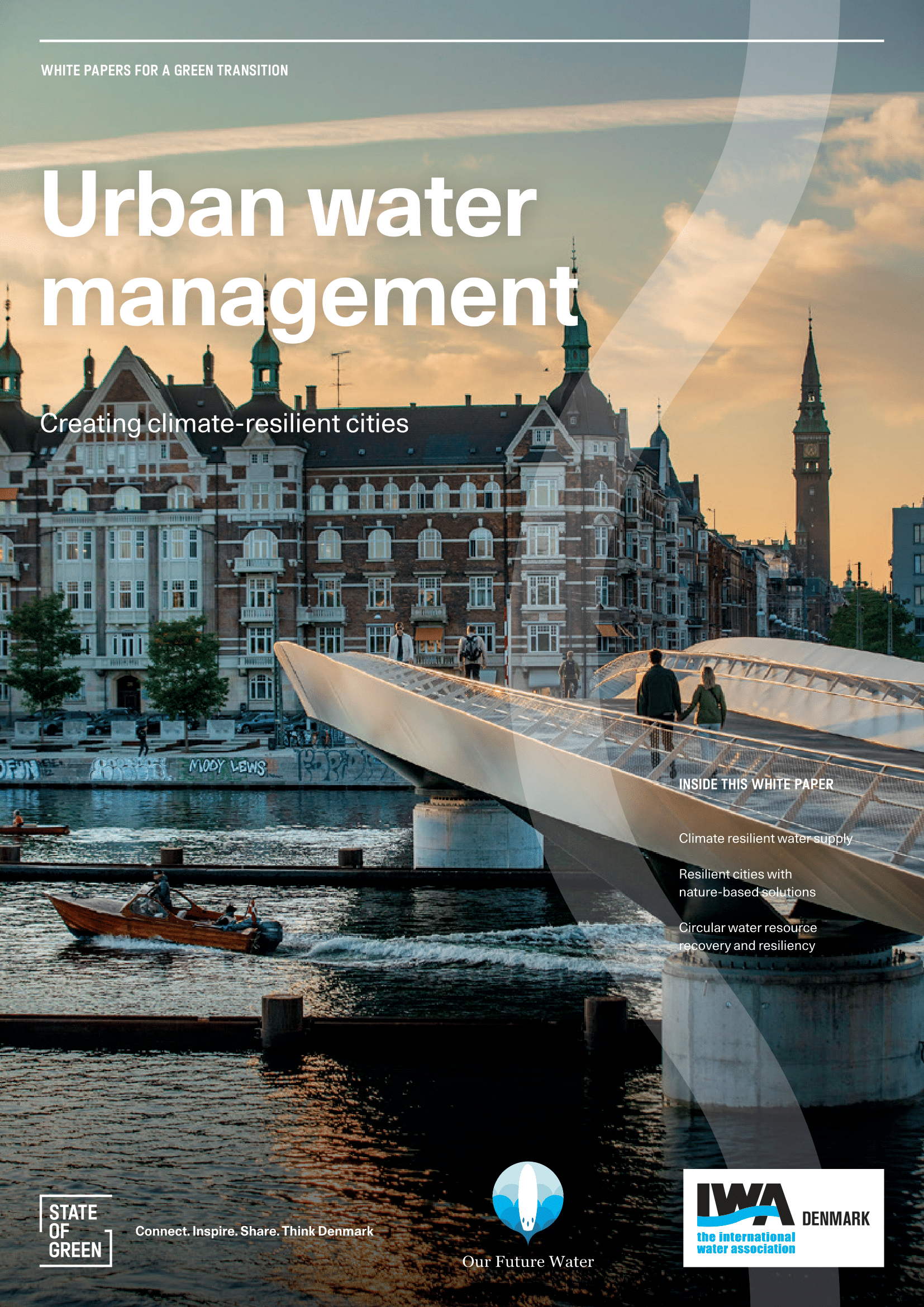Download our publication on urban water management today
This article is part of our publication ‘Urban water management’.
Download nowPerspective
Water supply
Urban water management
Water management
+1


More than half of the world’s population now lives in cities and often cities do not have sufficient water of adequate quality within the city limits to secure water for consumption. This can be a serious constraint on the health of the population and economic growth. In order to secure availability of water, many cities need to take action by bringing in waterfrom outside the city limits. In Denmark, national action has been taken to secure knowledge of water resources and since 2000, mapping of groundwater resources has been the backbone of groundwater protection plans, partly financed by a tax on drinking water. Data from water planning, monitoring and risk assessment are freely available in Denmark which supports a shared and basin-connected effort on groundwater protection.

This article is part of our publication ‘Urban water management’.
Download nowin order to harvest the benefits from the shared information about the quality and availability of surface and groundwater and to share the resources between the different users in the basin, while also ensuring a sufficient amount of water in natural water bodies such as rivers, lakes and wetlands.
The International Water Association (IWA) has developed an Action Agenda for Basin Connected Cities. The Action Agenda builds on IWA’s 17 Principles for Water-Wise Cities. It highlights three risk factors that need attention by urban stakeholders:
This is a very simple principle, yet often difficult to follow in daily water management practice. To ensure proper water quality, urban water managers need to pay attention to the basin area the city is connected to and where the city gets its water from. In Denmark, there is a tradition for cooperation
between different stakeholder groups across administrative borders as a means to secure a healthy water environment and protect boreholes and water abstraction areas, whether the water source is based on surface water or groundwater, as is the case in Denmark.
Perspective
Resource recovery from wastewater
+1